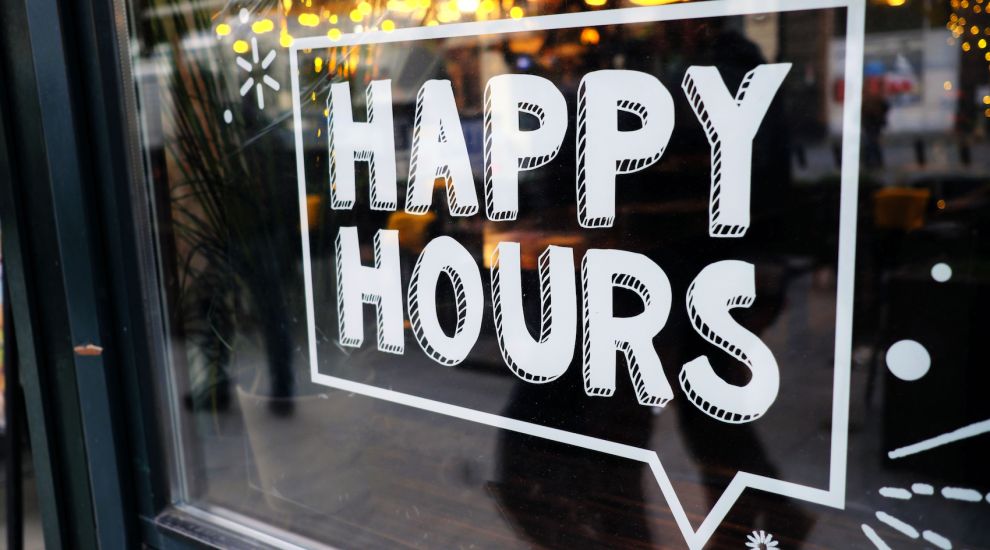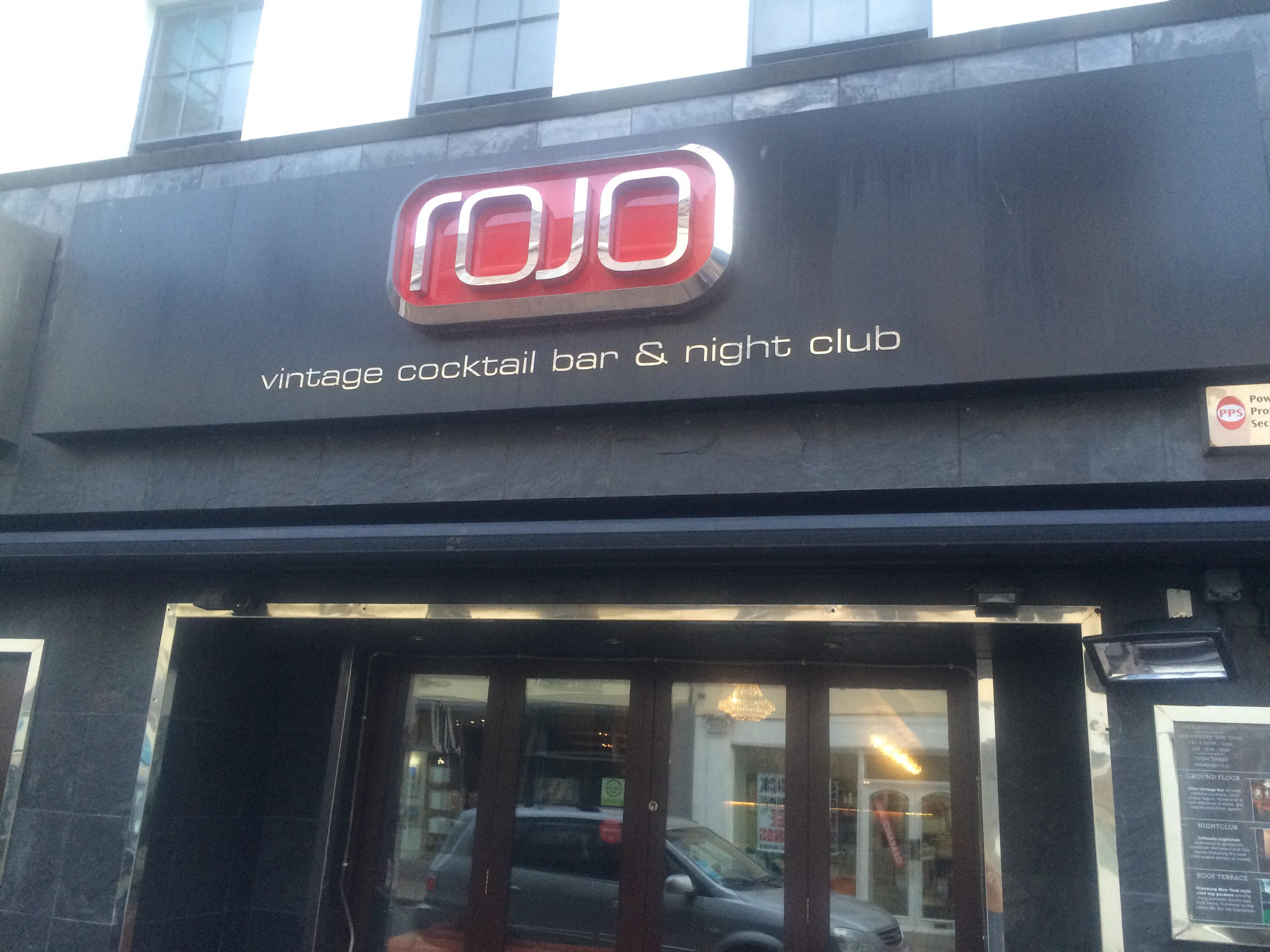


Islanders are being asked for their views on whether happy hours and two-for-one cocktail deals should be allowed as part of an overhaul of Jersey's decades-old alcohol licensing law.
The proposed updates to the 1974 Licensing Law, which regulates the sale and consumption of alcohol, have been put forward by the Economy Department in a bid to make it simpler and less expensive for businesses to operate.
After consulting with stakeholders, including Public Health and the hospitality industry, the Department has launched a four-week consultation to gather islanders' views on the proposed changes.

Pictured: Economic Development Minister Deputy Kirsten Morel is leading the initiative.
Feedback can be provided online or in person at drop-in sessions and will directly shape the version of the law that will be debated in the States Assembly in 2025.
If approved, the new law is expected to come into force by 2026.
Economic Development Minister Deputy Kirsten Morel, who is leading the initiative, said that the changes aim to make the licensing process more transparent, efficient, and responsive while maintaining safeguards for public health and safety.
The current law, which is more than 50 years old, imposes several restrictions on operating hours and drink promotions.
For example, happy hours and buy-one-get-one-free offers are prohibited, pubs must close by 23:00, and clubs by 02:00.
The law also includes the infamous 'no dancing' law on Good Friday when nightclubs are prohibited from playing music or allowing people to dance. It also governs the permits given to licensed premises.

Pictured: The current law, which is more than 50 years old, prohibits happy hours and buy-one-get-one-free offers.
Licensing decisions are currently made by a panel of the Bailiff and Jurats, which grants one of seven rigid license categories to businesses wishing to serve alcohol.
Business owners and islanders have long argued that the law is outdated and needs to be reformed. Over the past 16 years, multiple attempts to reduce red tape around alcohol licensing have failed to bring about change.
A draft law in 2017 proposing a new Licensing Authority was withdrawn, and a 2020 proposal to allow certain drink promotions was stalled.
In 2021, Jersey's competition watchdog recommended scrapping alcohol price restrictions and introducing responsible drinking promotions to support businesses — but no progress was made.
The proposed reforms include replacing the current Licensing Assembly with a dedicated Regulatory Authority, likely to be the Jersey Gambling Commission under a new name.
"We've heard from the hospitality sector about how complex and costly the current system is," Deputy Morel said.
"By consolidating responsibilities under an existing regulator, we're creating a framework that's easier to navigate and operates year-round."
The number of license categories would be reduced from seven to three: on-license, off-license, and temporary licenses.
This change also aims to streamline the licensing process and make it more flexible.
One of the main focuses of the reform is the potential reintroduction of drink promotions, which were banned in the 1970s due to concerns about excessive drinking.
Responding to questions about whether this policy could encourage this type of behaviour, Deputy Morel argued that responsible drinking would remain a key element of the licensing framework.
He also suggested that licensed premises are safer environments for drinking than at home – where overconsumption is harder to monitor.

Pictured: Deputy Morel said that licensed premises are safer environments for drinking than at home – where overconsumption is harder to monitor.
The Minister explained: "Public health officials support these changes because licensed premises are safer environments for drinking.
"On-site staff are trained to manage behaviour and prevent overconsumption, which isn't possible when people drink alone at home."
Recent data from the Jersey Opinions and Lifestyle Survey showed that nearly half of adults drink at home — either socially or alone.
The survey, which questioned 1,500 islanders about their thoughts and behaviours, also found that one in five adults exceeds the recommended weekly limit of 14 alcohol units – with men more likely than women to drink beyond this threshold.
The proposed changes come in response to years of calls from the hospitality and entertainment sectors for more flexible alcohol regulations.
Many businesses have argued that the current laws have hindered growth and contributed to the decline of Jersey's nightlife scene.

Pictured: ROJO nightclub on Beresford Street closed its doors for the final time earlier this year.
Multiple venues have ceased operations in recent years, including ROJO this summer, Ce Soir in 2023, WYSIWYG in 2020, and Kokos in 2017.
After Havana nightclub closed yesterday, Jersey now has just three operating nightclubs.
To address this trend, Deputy Morel explained that the changes should make it easier for businesses to open and operate licensed premises.
"We need to ensure Jersey remains attractive to young people, and that includes offering places where they can socialise safely," he said.

Pictured: Marcus and Ana Calvani are Co-CEOs of the Jersey Hospitality Association.
Marcus Calvani, Co-CEO of the Jersey Hospitality Association, welcomed the proposals.
He described them as a "Christmas present" for the sector – and said it could "remove fear" while "stimulating creativity".
The consultation will remain open until 26 January and can be accessed online.
The feedback will inform the drafting of amendments, which are expected to be presented to the States Assembly in 2025.
If approved, the new law could take effect within 12 to 15 months.
Comments
Comments on this story express the views of the commentator only, not Bailiwick Publishing. We are unable to guarantee the accuracy of any of those comments.